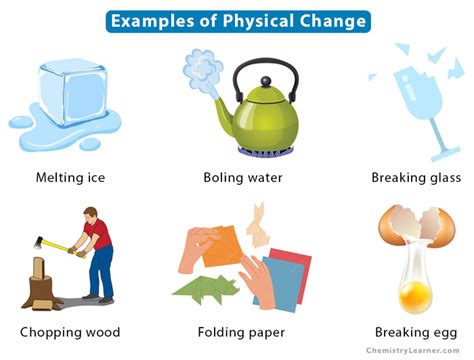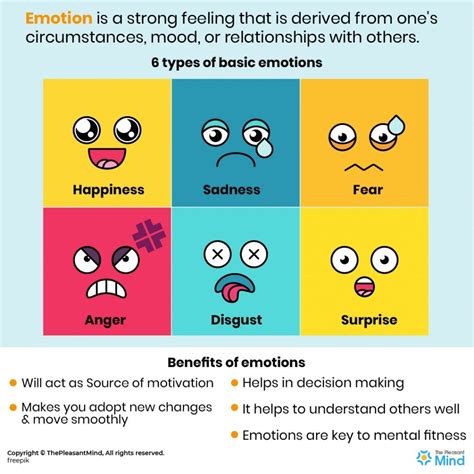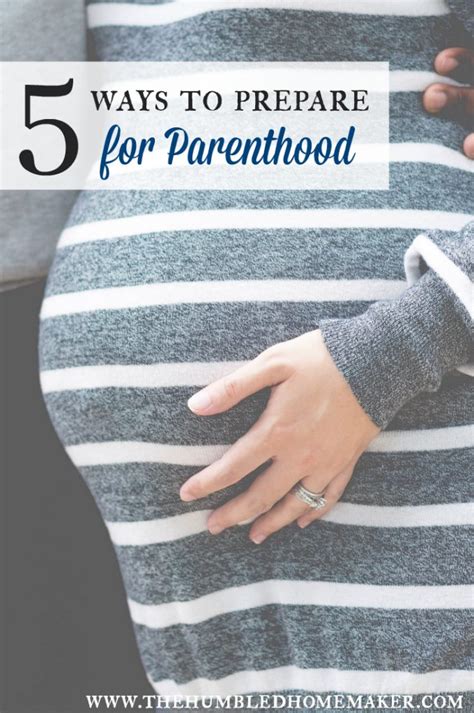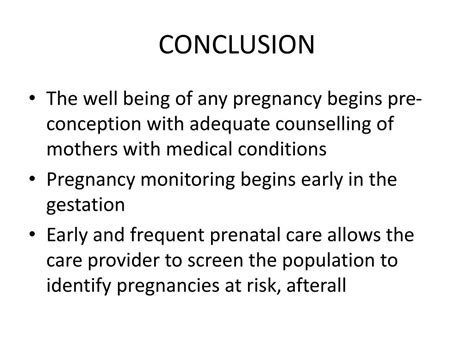Intro
Discover 13 weeks pregnant symptoms, including morning sickness, fatigue, and fetal development. Learn about embryo growth, pregnancy cravings, and bodily changes during this critical period.
At 13 weeks pregnant, you're nearing the end of your first trimester. This period is crucial, and you're likely to experience a mix of physical and emotional changes. As your baby grows, your body undergoes various transformations to accommodate the little one. Understanding these changes can help you navigate this journey with more ease and anticipation.
As you progress through the 13th week, you might start feeling more connected to your baby. The initial shock or news of pregnancy has sunk in, and now you're probably eager to know what to expect and how to ensure a healthy pregnancy. It's essential to stay informed about the symptoms, care, and precautions to take during this critical phase. Your healthcare provider is your best resource for personalized advice, but being aware of the common experiences can help you feel more prepared.
The 13th week of pregnancy is a time of significant development for your baby. They're growing rapidly, and their organs are starting to function. On the outside, you might start noticing changes in your body, from a growing belly to mood swings. It's a period of adjustment, not just physically but also emotionally. You're not alone in this journey; millions of women have walked this path and have come out stronger and more resilient. So, let's dive into the specifics of what you can expect during the 13th week of your pregnancy.
Physical Changes and Symptoms

At 13 weeks pregnant, you're likely to experience a range of physical symptoms. Some of the most common include:
- Morning Sickness: Although it's called morning sickness, it can occur at any time of the day. The symptoms might start to ease off for some women around this time, but for others, it can persist.
- Fatigue: Feeling extremely tired is normal due to the hormonal changes and the effort your body is putting into growing the baby.
- Mood Swings: Hormonal fluctuations can lead to emotional ups and downs. You might feel happy one moment and sad the next.
- Breast Changes: Your breasts might become more sensitive, and you might notice them getting larger due to hormonal changes and preparation for milk production.
- Frequent Urination: As your uterus expands, it can put pressure on your bladder, leading to more frequent trips to the bathroom.
Emotional Changes and Support

Emotionally, you might feel a mix of excitement, fear, and anticipation. It's normal to worry about the future, your baby's health, and how your life will change. Some tips to manage these emotional changes include:
- Staying Connected: Talk to your partner, family, and friends about how you're feeling. Sharing your emotions can help you feel supported and understood.
- Joining a Community: Look for pregnancy support groups, either online or in-person. Hearing the experiences of other pregnant women can be comforting and informative.
- Self-Care: Make time for activities that you enjoy and that help you relax, such as reading, taking a warm bath, or practicing yoga.
Importance of Prenatal Care
Regular prenatal care is crucial for monitoring your health and your baby's development. Your healthcare provider will schedule appointments to check for any potential issues early on. These visits are also an opportunity for you to ask questions and seek advice on managing your symptoms and preparing for parenthood.
Diet and Nutrition

A balanced diet is essential for your health and your baby's growth. Key nutritional elements to focus on include:
- Folic Acid: Crucial for preventing birth defects of the brain and spine.
- Iron: Important for the production of red blood cells for both you and your baby.
- Calcium: Necessary for the development of your baby's bones, teeth, and muscles.
- Protein: Supports the growth of your baby and helps your body repair itself.
Tips for a Healthy Pregnancy Diet
- Eat a Variety of Foods: Include plenty of fruits, vegetables, whole grains, lean proteins, and healthy fats in your diet.
- Stay Hydrated: Drink plenty of water throughout the day.
- Limit Caffeine and Avoid Alcohol: Both can have negative effects on your baby's development.
Exercise and Physical Activity

Regular physical activity can help you stay healthy, manage symptoms, and prepare your body for childbirth. Safe exercises during pregnancy include:
- Walking: A great way to stay active without putting too much strain on your body.
- Swimming: Excellent for pregnant women, as it works your body without the impact.
- Prenatal Yoga: Can help with flexibility, strength, and relaxation.
Precautions with Exercise
- Listen to Your Body: If you experience any pain or discomfort, stop and rest.
- Stay Cool: Avoid overheating, especially in the first trimester.
- Choose Low-Impact Activities: High-impact exercises can be risky and should be avoided.
Preparing for Parenthood

As you approach the end of your first trimester, it's a good time to start thinking about preparing your home and life for the baby. This includes:
- Setting Up the Nursery: Start thinking about the decor, furniture, and essentials you'll need.
- Baby-proofing: Begin to think about how you'll make your home safe for your baby.
- Financial Planning: Consider how you'll manage the expenses of having a baby.
Emotional Preparation
- Read and Learn: There are many books and online resources that can help you understand what to expect and how to be a good parent.
- Talk to Other Parents: Hearing about the experiences of other parents can be incredibly valuable.
- Build a Support Network: Having a strong support system can make a big difference in your journey to parenthood.
Conclusion and Next Steps

As you move forward, remember that every pregnancy is unique, and not everyone will experience all the symptoms or changes at the same intensity. The key is to stay informed, listen to your body, and enjoy this journey. Don't hesitate to reach out to your healthcare provider with any questions or concerns you might have. The journey to parenthood is filled with its ups and downs, but with the right mindset and support, you can navigate it with confidence and joy.
We invite you to share your experiences, ask questions, or offer advice to other readers in the comments section below. Your input can help create a supportive community for those going through similar journeys. If you found this article helpful, consider sharing it with others who might benefit from the information. Let's support each other through the beautiful journey of pregnancy and parenthood.
What are the most common symptoms at 13 weeks pregnant?
+Common symptoms include morning sickness, fatigue, mood swings, breast changes, and frequent urination. However, every pregnancy is unique, and not all women will experience all of these symptoms.
How often should I see my healthcare provider during pregnancy?
+Prenatal care appointments are usually scheduled once a month until about 28 weeks of pregnancy, then twice a month until 36 weeks, and weekly after that until birth. However, the frequency might vary based on your health and the health of your baby.
What are some safe exercises for pregnant women?
+Safe exercises include walking, swimming, and prenatal yoga. It's essential to choose low-impact activities and listen to your body, stopping if you experience any discomfort or pain.
